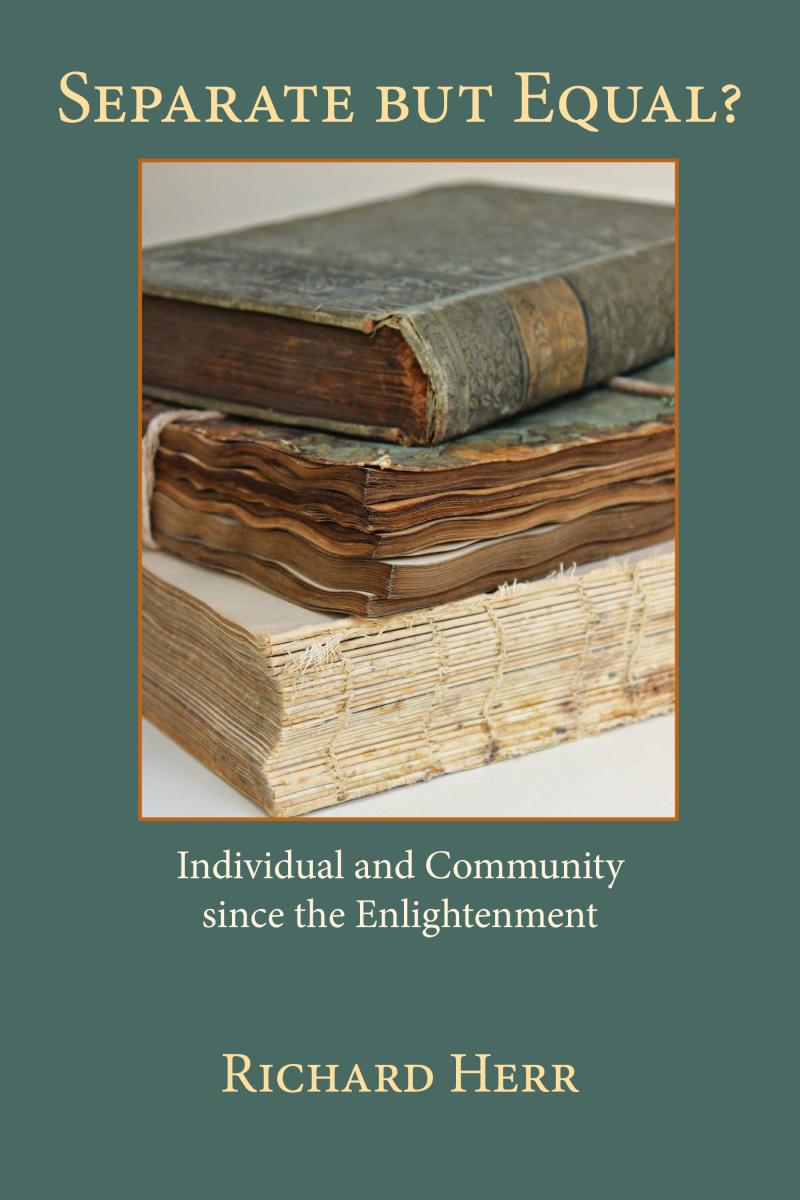The United States and European nations face the challenge of providing a happy relationship between their leading social sectors and the other communities within them. Behind the racial, ethnic, and gender discrimination that culminated in the horrors of the totalitarian regimes lay the nineteenth-century drive to create homogeneous national societies by assimilating social minorities into the national culture or excluding them from participation. This study finds that the homogeneous ideal grew out of a new public spirit that became strong in the Enlightenment combining individual ambition and public spirit. Since the end of World War II Western nations have experimented with different correctives to the problem. Recently women’s liberation and multiculturalism have offered a promising solution. Richard Herr is Professor of History emeritus at the University of California, Berkeley.
Abstract:
Publication date:
December 5, 2016
Publication type:
History and Biography

